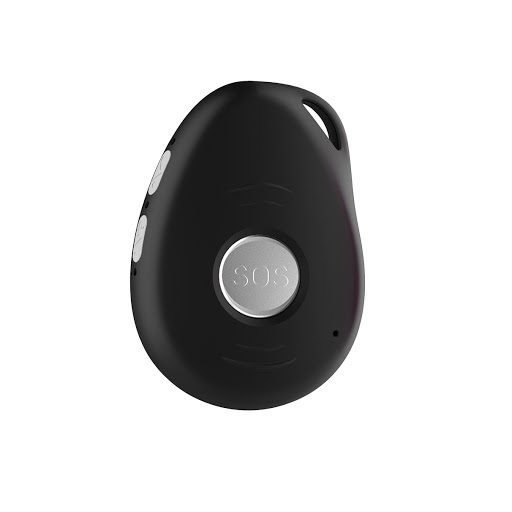If you or an elderly loved one has fallen, it's important to seek immediate medical attention. Not only is a fall often painful, but it can signal an underlying problem that may require treatment.
Some older adults develop chronic conditions, like diabetes or high blood pressure, that increase their risk of falling. In addition, medications that are used to treat these illnesses may increase the risk of falling.
Falls can cause broken bones, which can affect everyday activities. In addition, a fall can also be an early sign of a brain injury. These injuries are often accompanied by headaches, seizures, numbness in the fingers, and slurred speech.
A doctor will ask about the circumstances of the fall, as well as any symptoms that may have led up to the fall. The doctor will also ask about medications, alcohol use, and whether the patient has ever lost consciousness.
Older adults who are experiencing a fall can become afraid of falling again. To reduce the likelihood of a second fall, you should learn how to get up. This can be done through physical therapy, supervised stretching, and balance training.
Fall prevention is a very important topic to talk about with older parents. https://www.personalmedicalalarms.co.nz/dementia-gps/ This can help ensure that future independence is protected.
img width="349" src=" ">
">
Having a personal emergency response system can also help. Putting an alert button on a necklace or wristband can let a family member or caregiver know that help is on the way.
![[PukiWiki] [PukiWiki]](image/pukiwiki.png)
